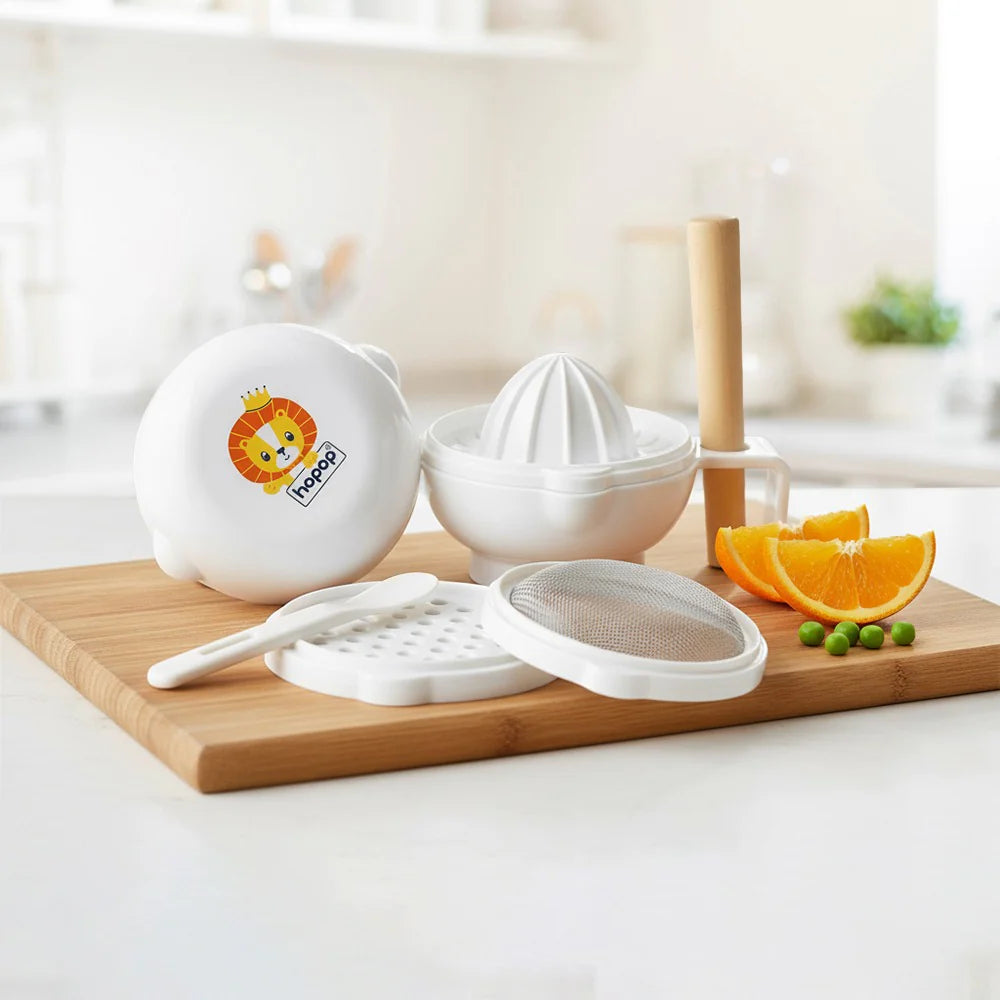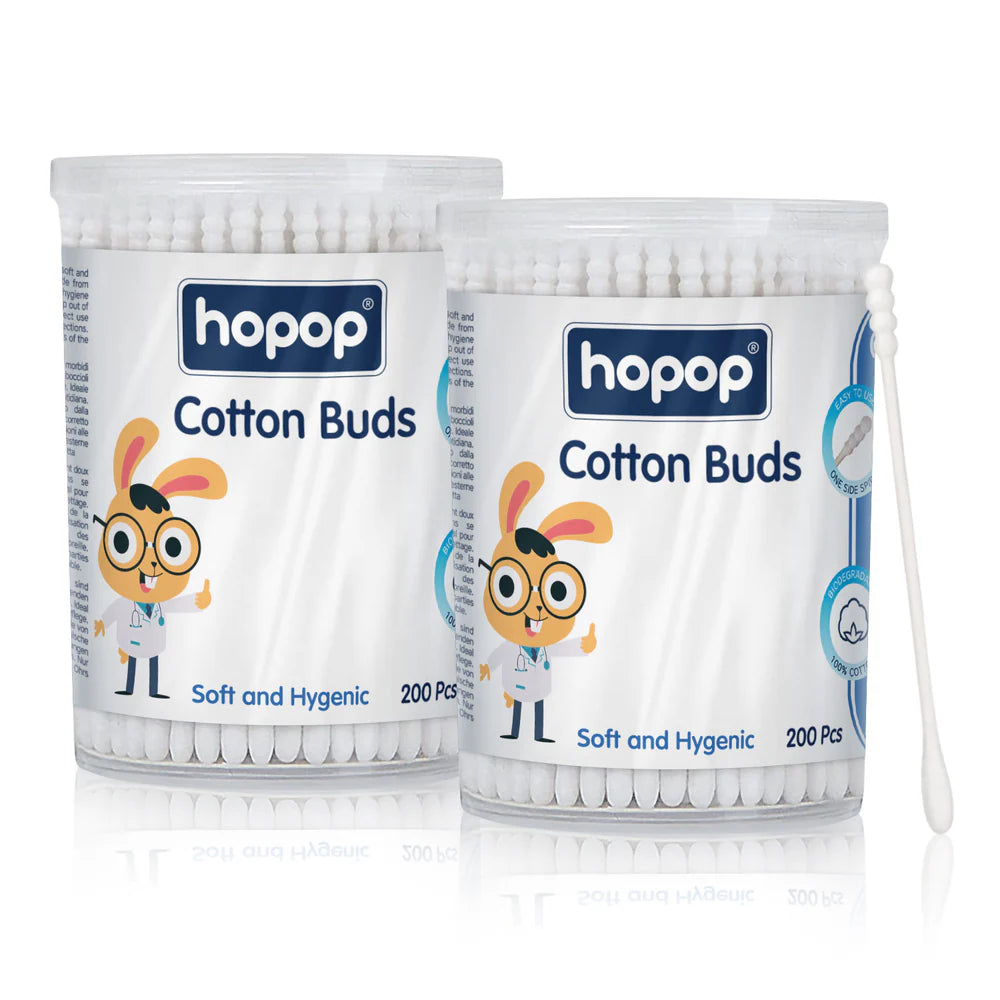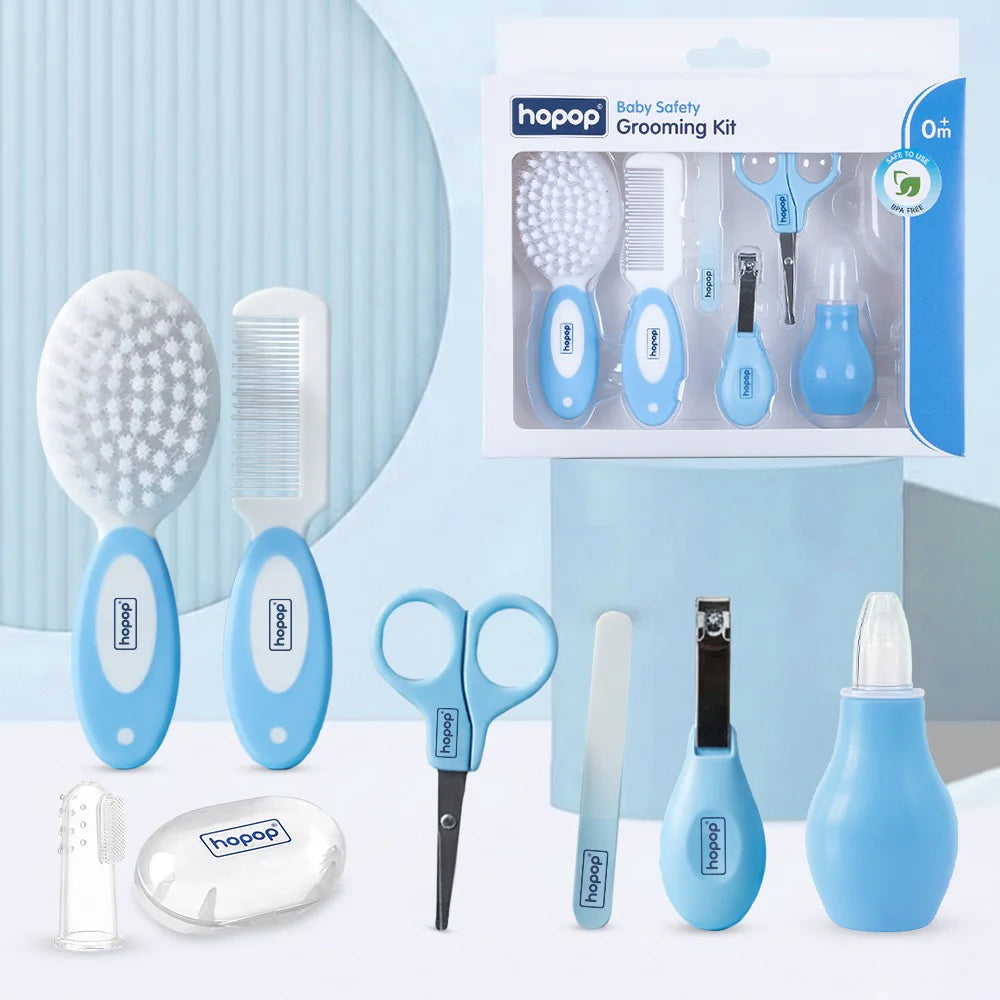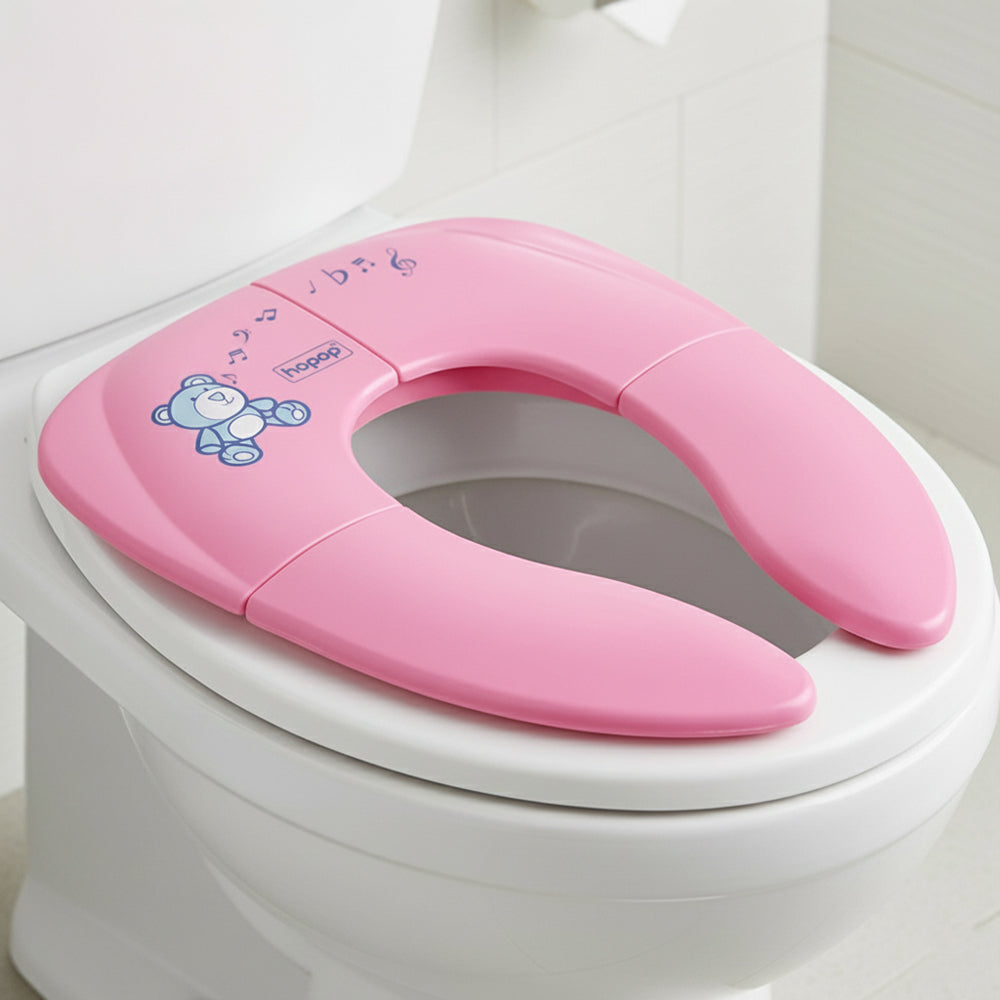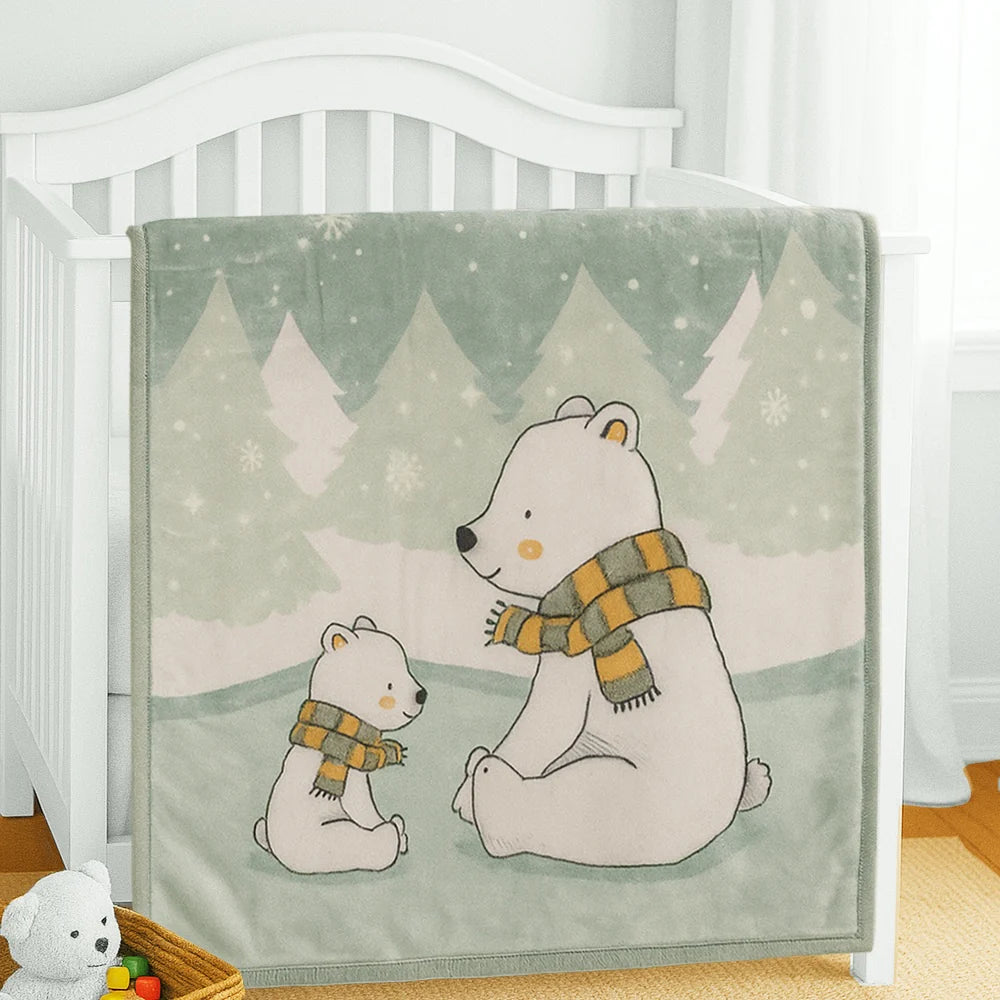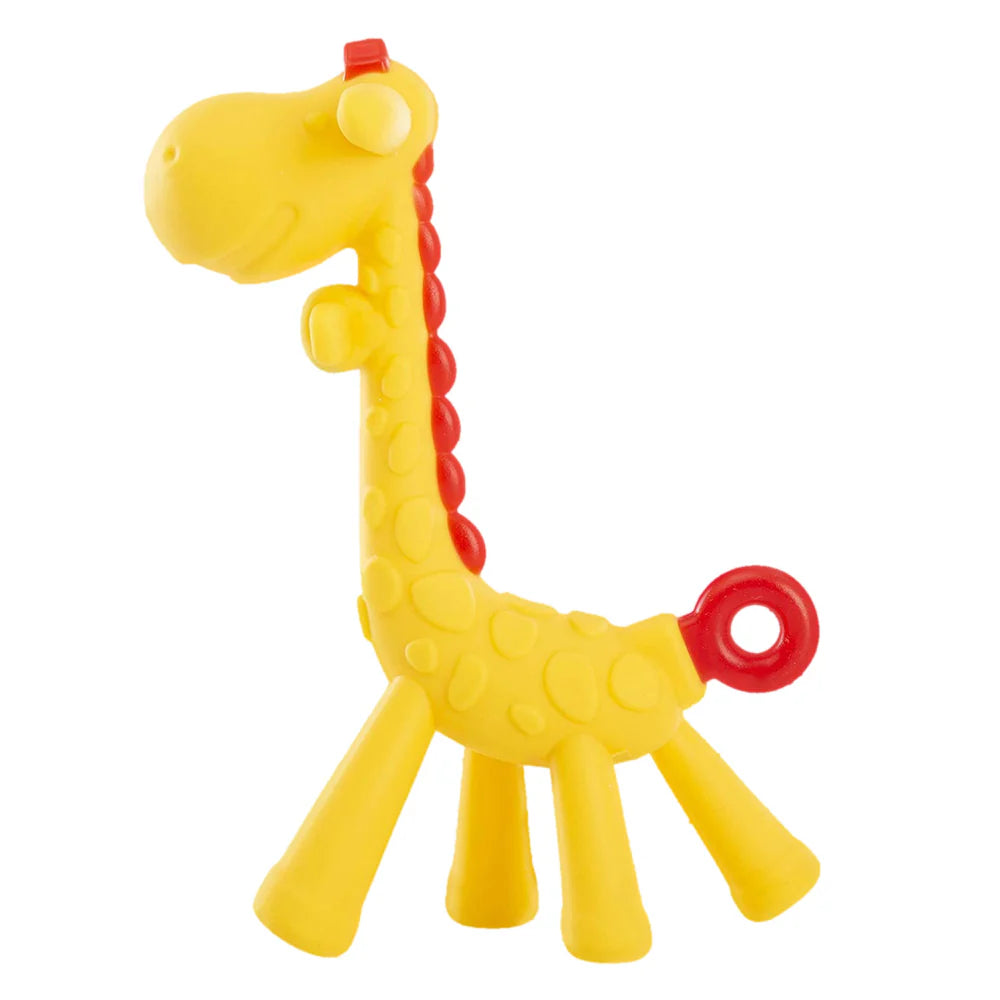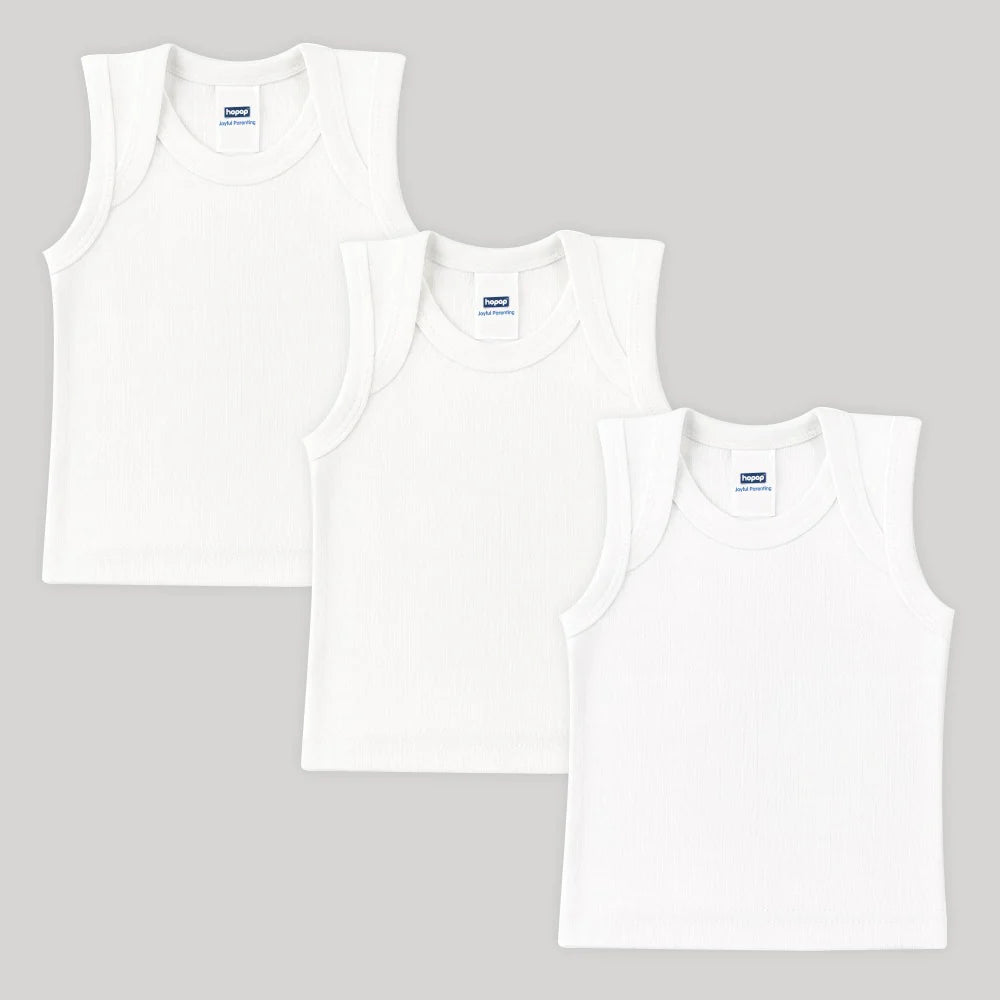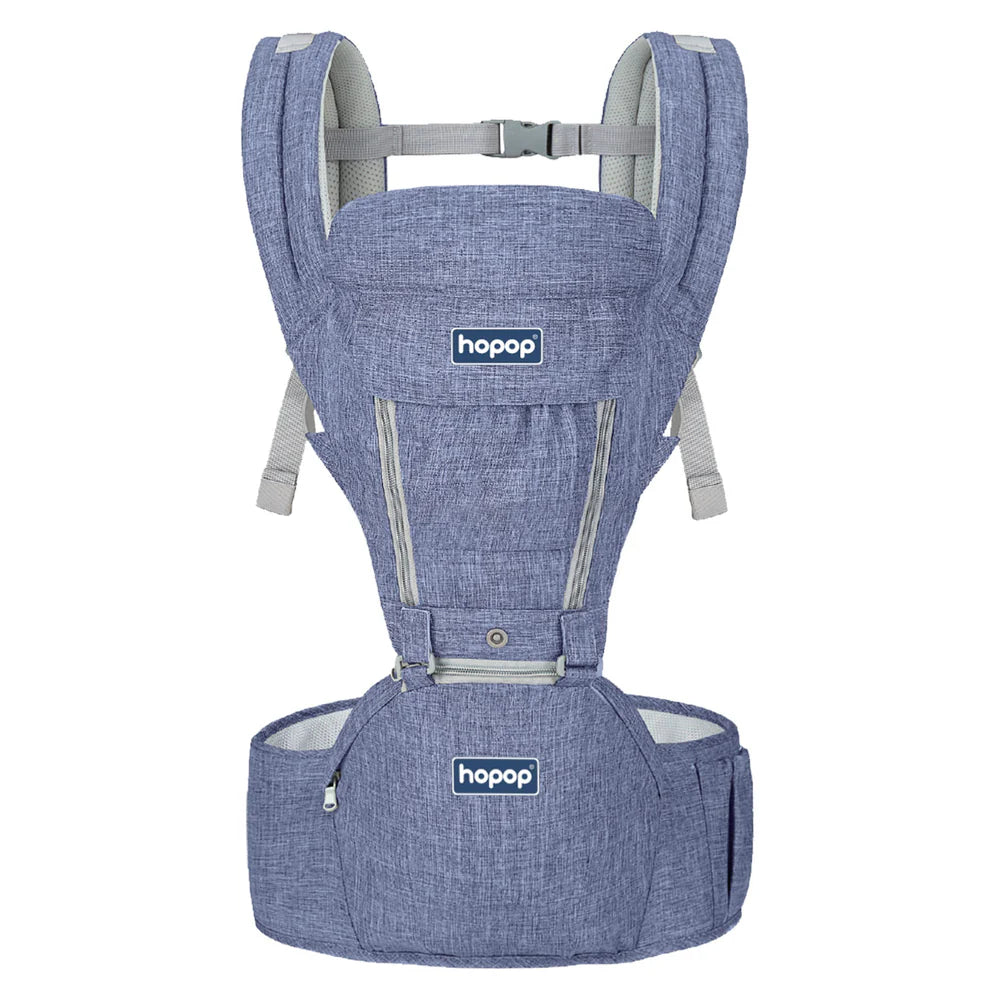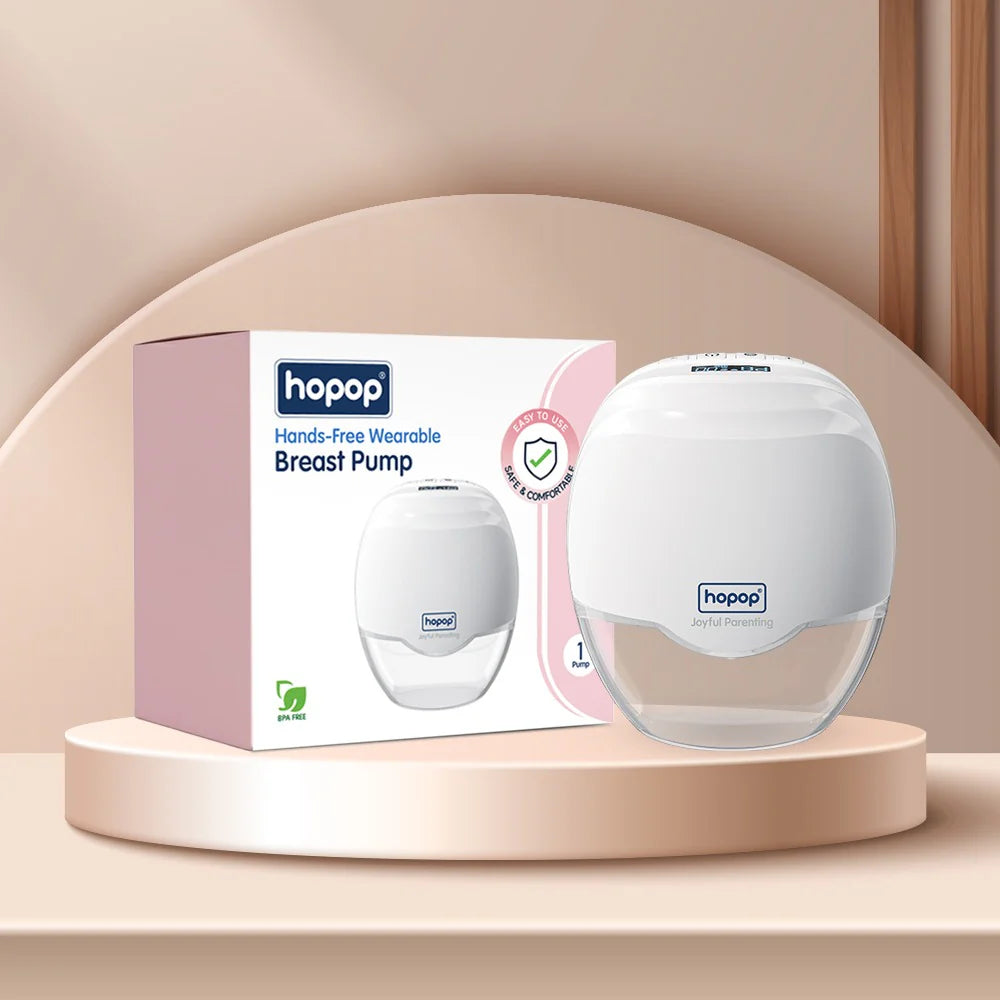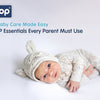Wintertime Wonders: 8 Tips to Nurture Your Baby's Silky Smooth Skin
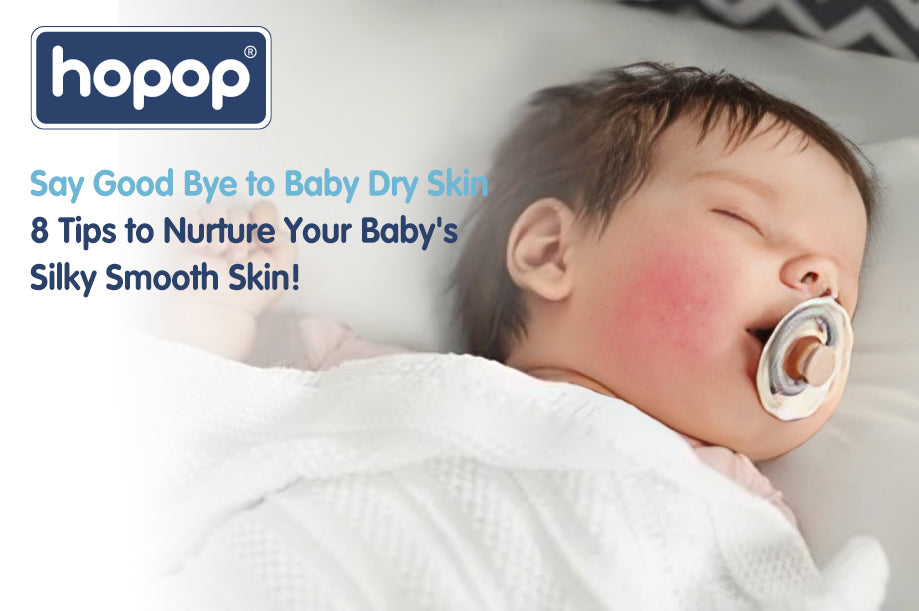
As the winter's chill sets in, you've probably noticed your skin becoming dry and itchy. But did you know your baby's delicate skin requires even more care during the cold months? Those chubby cheeks and tiny toes are defenceless against winter's harsh effects. Don't worry— keeping your little one's skin soft and healthy doesn't have to be complicated.
With a few simple tweaks to your baby's skincare routine, you can protect their skin all season long. Ready to banish skin irritations and keep your little cutie comfy? Here are 8 easy winter care tips to keep your baby's skin silky smooth.
Bathe Wisely
Bathing your baby during the winter can be tricky. On one hand, you want to keep them clean and cozy, but over-bathing can strip their skin of natural oils. The key is to find the right balance.

Optimal Bathing Frequency
Aim to bathe your baby 2-3 times a week during the winter. Any more than that and you risk drying out their delicate skin. Focus on cleaning the diaper area, hands, and face daily with a soft washcloth and mild, fragrance-free cleanser.
Water Temperature and Bathing Duration
When it's time for a full bath, make sure the water is warm, not hot. Lukewarm water is best to avoid irritating their skin. Keep baths short, around 5-10 minutes, to prevent excessive drying.
Moisturize Regularly
Moisturizing is essential for keeping your baby's skin supple and healthy all winter long. But not all moisturizers are created equal.

Choosing the Right Moisturizer
Look for thick, creamy formulas that are free of fragrances, dyes, and harsh chemicals. Opt for natural, nourishing ingredients like shea butter, coconut oil, and ceramides. Avoid products with alcohol, which can further dry out the skin.
Best Times to Apply
Apply moisturizer immediately after bathing, when their skin is still damp. This helps seal in hydration. You can also moisturize after diaper changes or anytime their skin looks dry. Don't forget to focus on extra-dry areas like elbows, knees, and cheeks.
Dress Appropriately
Dressing your baby in the right fabrics and layers can make a big difference in their skin's comfort and health.

Layering Techniques
Start with a soft, breathable base layer like cotton or bamboo. Add lightweight, insulating mid-layers and finish with a weatherproof outer layer. This traps heat while allowing airflow to prevent overheating and sweating.
Choosing Breathable Fabrics
Avoid fabrics that can irritate sensitive skin, like wool or synthetic materials. Opt for natural, hypoallergenic fibers like cotton, linen, or bamboo. Make sure socks, mittens, and hats are also soft and cozy.
Protect from Harsh Weather
When venturing out into the cold, it's crucial to shield your baby's delicate skin from the elements.

Using Protective Gear
Dress your little one in a warm hat, scarf, and mittens to protect their face and extremities from wind and cold. Apply a thick, fragrance-free balm to any exposed skin, like cheeks and lips, to create a protective barrier.
Limiting Outdoor Exposure
Try to limit the time your baby spends outdoors in extreme cold or wind. If possible, keep them bundled in the stroller or carrier. When you do go out, make sure to quickly get them back inside to a warm, humid environment.
Maintain Indoor Humidity
Dry indoor air can wreak havoc on your baby's skin during the winter. Keeping humidity levels in check is crucial.

Importance of Proper Humidity Levels
Aim for indoor humidity between 30-50%. Low humidity can cause skin to become dry, itchy, and irritated. Use a humidifier to add moisture back into the air, especially in your baby's room.
Using Humidifiers Effectively
Place the humidifier away from your baby's crib or play area to avoid any potential issues. Clean it regularly to prevent the buildup of bacteria and minerals. Monitor the humidity levels and adjust the settings as needed.
Gentle Cleansing
Harsh soaps and cleansers can strip your baby's skin of its natural oils, leading to dryness and irritation. Be extra gentle during the winter months.
Selecting Mild, Fragrance-Free Products
Look for baby-safe cleansers that are free of fragrances, dyes, and harsh chemicals. Opt for creamy, moisturizing formulas that won't leave their skin feeling tight or dry.
Proper Cleansing Techniques
When bathing, use a soft washcloth or your hands to gently cleanse your baby's skin. Avoid scrubbing or using loofahs, which can irritate delicate skin. Pat dry with a soft towel, being careful not to rub.
Tackle Specific Skin Issues
Even with the best care, winter can bring about some common skin problems for babies. Be prepared to address them quickly.
Dealing with Chapped Lips and Cheeks
Apply a thick, fragrance-free balm or ointment to any areas of dry, cracked skin. Gently exfoliate with a soft washcloth to remove flaky skin before moisturizing.
Managing Diaper Rash in Winter
Diaper rash can worsen in the winter due to increased moisture from heavy clothing and less air exposure. Change diapers frequently, use a barrier cream, and let their skin air out as much as possible.
Nutrition for Healthy Skin
What you (or your nursing baby) eats can also impact the health and appearance of their skin.

Importance of Hydration
Make sure your baby is getting enough fluids, whether through breastmilk, formula, or water. Proper hydration is essential for maintaining skin's natural moisture barrier.
Skin-Friendly Foods for Nursing Mothers
If you're breastfeeding, focus on including omega-3 fatty acids, antioxidants, and skin-nourishing vitamins in your diet. Good options include salmon, avocado, leafy greens, and nuts.
Conclusion
Keeping your baby's skin soft and healthy during the winter doesn't have to be complicated. By following these 8 simple tips, you can protect their delicate complexion from the harsh effects of cold, dry air.
Remember, consistency is key. Stick to a gentle, moisturizing routine and pay close attention to any skin changes or irritations. With a little extra care, you can ensure your little one's skin stays silky smooth all season long.
Explore the Hopop website for more insights into baby winter thermal clothing.
FAQs
Ques. Why is winter skin care important for babies?
Ans. Winter skincare is crucial because babies’ skin is more delicate and vulnerable to cold, dry air. The combination of outdoor chill and indoor heating can lead to dryness and discomfort. Maintaining a proper winter skincare routine keeps their skin hydrated and protects against issues like dryness and chapping.
Ques. What water temperature should I use for my baby’s bath?
Ans. Aim for lukewarm water, as hot water can dry and irritate a baby’s skin. Test it on your wrist; if it feels comfortably warm, it’s good for your baby.
Ques. How can I prevent my baby's dry skin caused by indoor heating?
Ans. To prevent dryness from heating:
- Use a humidifier to add moisture to the air.
- Limit bath frequency to preserve skin oils.
- Moisturize after each bath.
- Keep indoor temperatures between 20°C and 22°C for comfort.
- Dress your baby in layers to keep them snug while protecting their skin.

